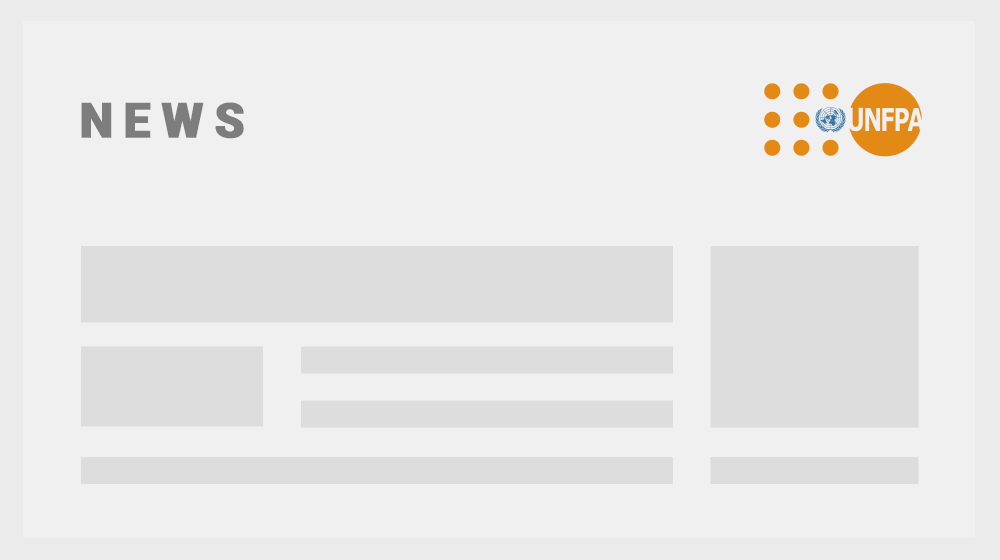Inviting all population scientists and resechers to present a reserch paper on "impact of changing population dynamics on the Arab Family" at the International Seminar to be held in Doha, State of Qatar.
The International Family Institute (DIFI) is calling all the population scientists and reserchers who are interested in presenting a research paper proposal on "Impact of changing population dynamics on the Arab Family" at the International Seminar, Doha, State of Qatar
Organizer: The Doha International Family Institute (DIFI)
The structure of the Arab family, which is the basis of Arab societies and the most influential educator and inculcator of values, is in the midst of transition. Modernization and globalization processes, including internet usage and social media which have shrunk the world in time and space, and humanitarian crises, as well as rapidly changing population and demographic dynamics, are fundamentally altering the traditional Arab family.
DIFI is organizing an international seminar to take stock of the various changes on the Arab Family brought about by population and demographic dynamics, and to assess the policy implications of these changes. The seminar will bring together international, regional and national population scientists, policy-makers and researchers involved in the study of aspects of the Arab family.
The seminar will address five main topics related to Arab families: (i) Marriage and Family Formation; (ii) Trends and Patterns in Fertility and Family Size; (iii) Population Migration and the Family; (iv) Adolescents and the Family and, (v) Intergenerational and Gender Issues Affecting Family Cohesion
Marriage and Family Formation - this first topic will address changing patterns and levels of marriage and family formation, including socio-economic, cultural and sub-national differentials, their implications for the Arab family and for policy-makers. It may also consider emerging trends towards remaining single, remarriage and rising divorce levels, as well as polygamy, and their implications.
Fertility and Family Size -this second topic will address changing levels and patterns of childbearing including socio-economic, cultural and sub-national differentials, as well remarriage, and their implications for the Arab family. It may also consider the determinants of trends and their policy implications.
Population Migration and the Family - this third topic will address the key issues related to rising trends in people mobility resulting from temporary labor migration and displacements caused by crises situations on the Arab family. It may also consider the impact of migration of family members on traditional values and culture and their policy implications.
Adolescent and the Family - this fourth topic will address the key issues related to the promotion and adoption of responsible adolescent reproductive health behavior, including the provision of information and appropriate services, and the implications for the Arab family . It may also consider initiatives that involve Arab youth in the design of programs and the policy implications.
Intergenerational and Gender Issues Affecting Family Cohesion – this fifth topic will address the key issues related to factors that affect intergenerational solidarity in the Arab family and their policy implications. It may also consider gender issues, such as women’s empowerment, discrimination against women, and related policy, institutional and legislative implications.
For any of these five topics, authors may focus on a single country or multiple countries within the Arab world, using quantitative or qualitative data or a triangular approach. Papers that explore, analyze and assess sub-national and cultural diversity are particularly encouraged.
Population scientists and researchers interested in presenting their work at the seminar are invited to submit an online proposal on the DIFI website by 15 August 2013.
Submissions must include a short 250-words’ abstract and an extended abstract (2 to 4 pages, including tables/charts).
Papers submitted and presented should be unpublished and no longer than 6,000 words. DIFI will publish a set of the papers presented in at the seminar in an edited book around the first half of 2014
Submission should be made by the author who will attend the seminar. If the paper is co-authored, please indicate the name(s) and affiliation(s) of co-author(s) at the end of the abstract.
Language at the seminar will be Arabic and English. Abstracts and final papers may be submitted and presented in either language
Authors will be notified by mid- September 2013 on the acceptance of their paper. In the case of acceptance on the basis of an abstract, the completed paper must be uploaded on the DIFI website by 15 November 2013.
Authors of selected papers will be invited to Doha to present their papers. They will be provided air travel, hotel expenses and an honorarium.
Scientific Committee:
Dr. Richard Leete,
Dr. Nabil Kronfol,
Dr. Azza Abdelmoneium
For additional information, please contact: Azza Abdelmoneium at email: aabdelmoneium@qf.org.qa

